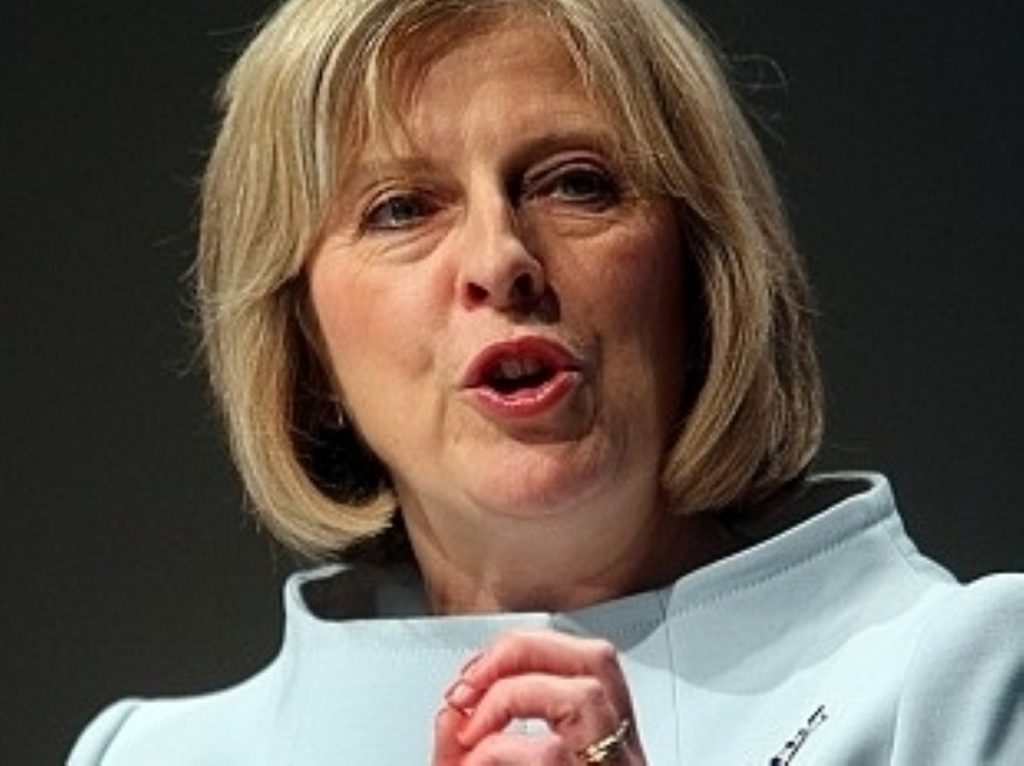Why those wanting more women MPs are playing the long game
A fresh campaign to push for more women in politics faces challenges from both crisis-driven news cycles and the forces of the right.
By Alex Stevenson Follow @alex__stevenson
Aside from the gargantuan crises being wrestled with by politicians this week, a lesser-noticed – but arguably equally important – bid to get more women involved in politics is getting underway. Yesterday the Counting Women In campaign kicked off, a joint bid to focus attention on the problem by a number of organisations.
"The problem gets worse the further up the foodchain you go: there are a higher proportion of female councillors than female MPs and a higher proportion of female MPs than female Cabinet members," Unlock Democracy and co argue. Just 20 out of 119 ministers are women, giving David Cameron a lot to do if he is to fulfil his pre-election pledge of making a third of his Cabinet women by the next general election.


This week sums up the problem faced by campaigners. Coverage of their bid to highlight the problem has been overwhelmed by the fallout from Monday's European Union referendum vote, and now by the ongoing eurozone crisis. You can't blame the newspapers for going for the headlines, of course. Indeed, attempts to win equality for women are so slow-burning that the Fawcett Society believes it will take nigh on a century at present rates until genuine gender pay equality is achieved across the board.
"There are many debates to be had about how precisely we might achieve gender balance in parliament, but without pressure coming from the top, even the best-intentioned measures will come to nothing," the campaigners note.
What form could this pressure take? Although they are reluctant to admit it, positive discrimination is never far away. The prime minister criticised this and measures falling short of it in his speech to the Conservative party conference, when he condemned those who "practise oppression" and "call it equality".
Those arguments have been endorsed by a thoroughly partisan right-wing thinktank, Women On…, which says it is appalled by proposals from the "same old radical feminists".
Its founder Charlotte Vere, who was involved in the controversial 'no' campaign which defeated the alternative vote earlier this year, describes feminism as a "toxic, battle-hardened and arrogant philosophy which has lost its way and is no longer fit for purpose".
She argues that the reasons for the lack of women in politics are more complex than a lack of quotas.
"Trying to impose quotas in the name of feminism isn't helpful and harms rather than helps women," Ms Vere says.
"It is time for the majority of the population to say 'not in my name'. Yes, we want more women in public life, but applying quotas which the campaigners themselves don't use in their own organisations is not helpful."
In a sense her arguments come too late, for the cross-party Speaker's Conference looking at practical measures to increase diversity within parliament, which published its conclusions in January 2010, has already proposed exactly the sort of interventionist measures which Women On… is so opposed to.
"Since then we have heard nothing," the campaigners complain. "It simply isn't good enough for political leaders to mouth platitudes while repeatedly failing to deliver anything meaningful. It is time we demanded better."
There was not a single women involved in last May's coalition negotiations, they say. "The different experiences and perspectives of one half of the country are not being heard."
The equality agenda risks being swamped by the 24-hour news cycle and damned by the right. But it should take heart from the Speaker's Conference, and remind the PM all it can about the problem. This may not be ideal timing for the campaign's launch, despite the fact its petition has already got over 1,000 signatures – but then, after all, those behind it are ultimately focused on a longer view.












